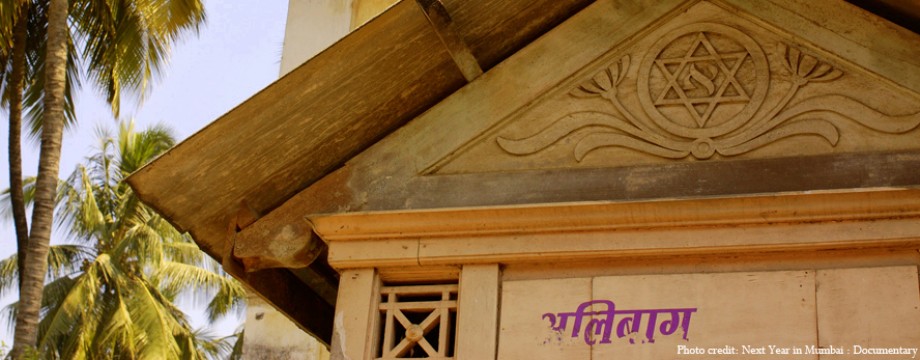
On an unassuming slate-gray sign, the words “Jew Town Road” are written in slate-gray English letters and Malayalam script, both of which are also outlined in white. If you’re from outside of India, you might find the name Jew Town to be offensive, but in Kochi—which historically has been known as Cochin—Jew Town is a symbol of autonomy, as it’s home to a proud Jewish community that lived close to their Hindu neighbors for centuries.
Kochi is located in the state of Kerala, known for its beautiful beaches, lagoons, and the loveliest backwaters in India. It is also home to some of the highest literacy rates in India (100%), the lowest infant mortality rate, and the longest life expectancy in the country. Fort Kochi and Mattancherry barrier islands, as well as the mainland of Ernakulam, are all part of the city of 2.1 million people. Today, there are only 26 Jews in Kochi.
Much of the debate in the Jewish community and among scholars is connected to Kochi’s purported Jewish history. According to one tradition, Jews arrived in the time of King Solomon, who was said to have arrived with traders in gold, ivory, cinnamon, peacock feathers, and other rare commodities. Another hypothesis holds that the first Jews came to the area of Cranganore in the first century CE, some 25 miles north of Kochi, following the destruction of the Second Temple. The only known Indian seaport at the time was called Cranganore, which was also known to the Jews, Romans, and Greeks as Shingly.
Source: https://www.hadassahmagazine.org/2017/03/09/kochi-ancient-jewish-treasure-south-india/
